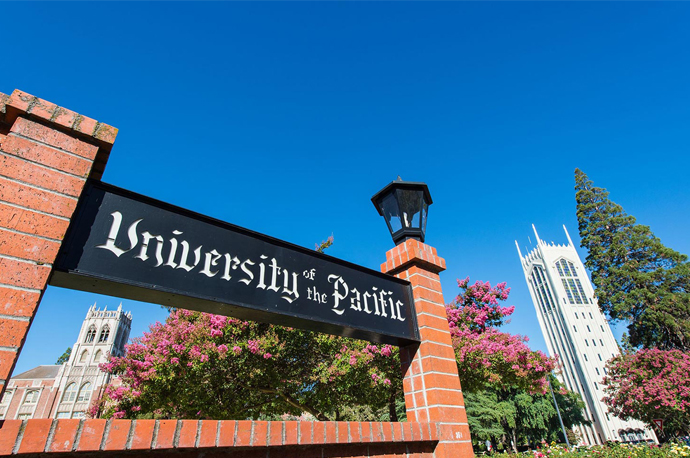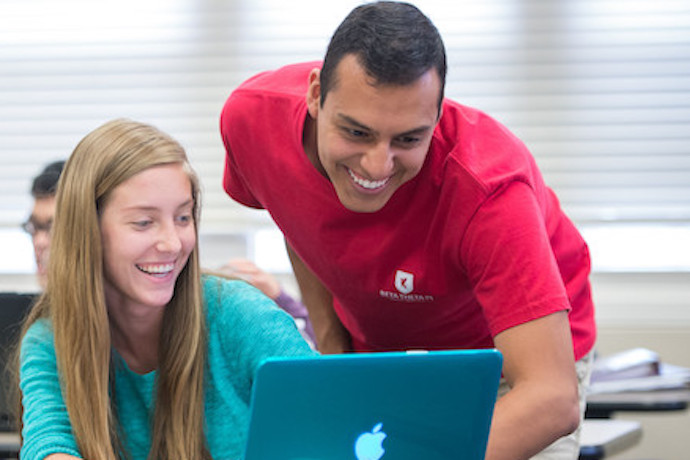In addition to the Master of Arts in Education, Learning Innovation and Design, educators currently holding a CA teaching credential may choose to earn a supplemental teaching credential authorization.
Imagine the possibilities as you take your next steps toward earning a supplemental authorization to your teaching credential in combination with a Master of Arts in Education with a focus on Learning, Innovation and Design.
This unique opportunity supports educators seeking to advance their careers, share content area expertise in additional subject areas, and facilitate innovative learning experiences as they work WITH students in more meaningful and intentional ways.
Designed for working professionals, this interactive, project-based, online program keeps you at the center and provides the opportunity to apply learning within the context of the educational setting where you work.
Note: MAEd Learning, Innovation and Design students seeking supplemental teaching credential authorizations must meet all other California Teaching Credential (CCTC) requirements in addition to coursework listed and CSETS. Students are required to apply for supplemental credential authorizations directly with the California Commission on Teacher Credentialing (CCTC).



















